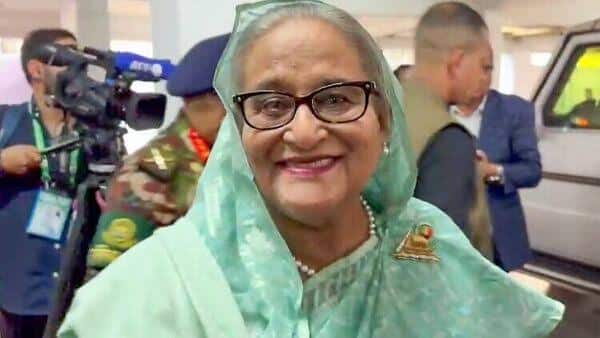Bangladesh’s Prime Minister Sheikh Hasina secured a major victory in the recent general election, securing her position for a fourth consecutive term.
Notably, the main opposition party, Bangladesh Nationalist Party (BNP), opted not to participate in the election. This decision was a form of protest against Hasina’s refusal to step down and allow a more equitable electoral process.
Hasina, who has been serving as the prime minister since 1996, is well-known for her efforts in boosting the country’s economy and providing assistance to Rohingya Muslims fleeing Myanmar. However, the election faced challenges, including low voter turnout and instances of violence.
The Awami League, Hasina’s political party, emerged victorious by winning 167 out of 227 seats, and she secured a substantial number of votes in her own constituency.
Despite the electoral success, concerns have been raised about the potential implications of one-party rule, prompting international calls for ensuring fairness in future elections.
It’s worth noting that, even in her victory, Hasina urged her supporters to refrain from excessive celebrations, demonstrating a call for moderation and unity.


